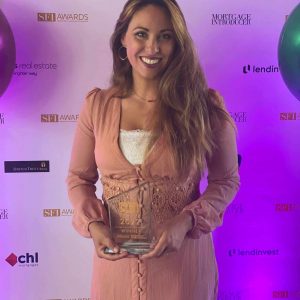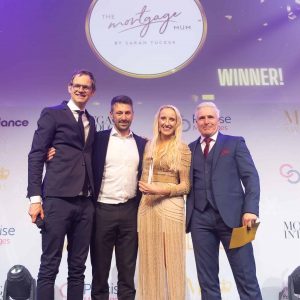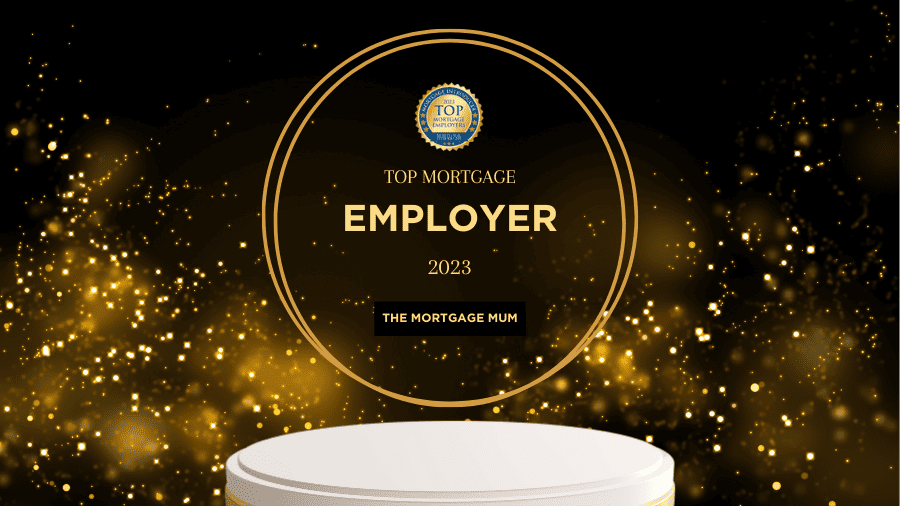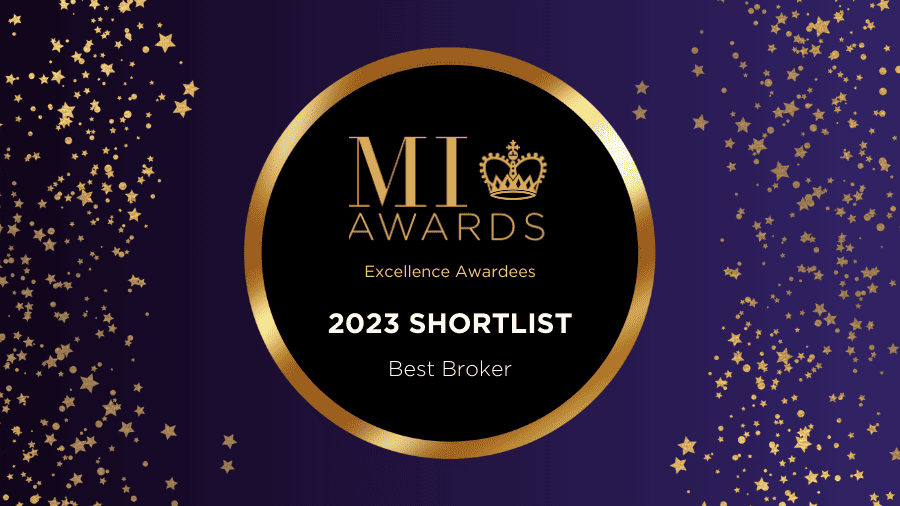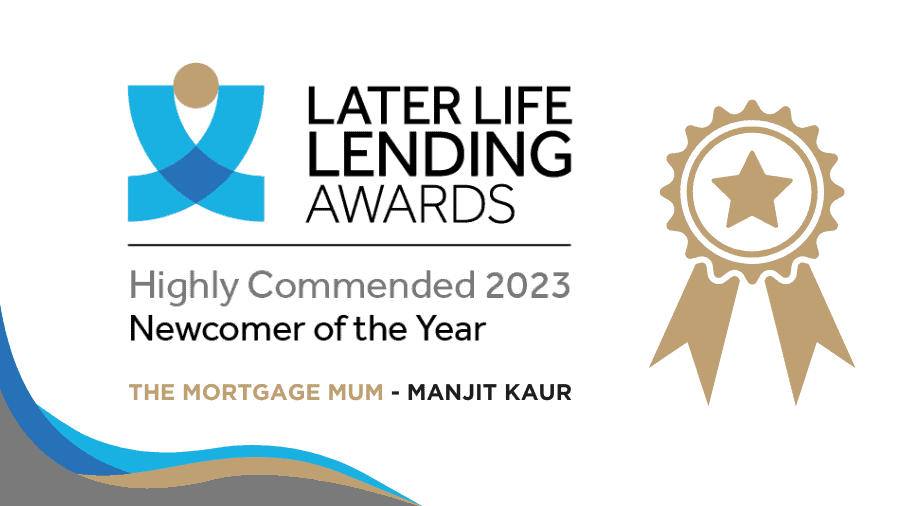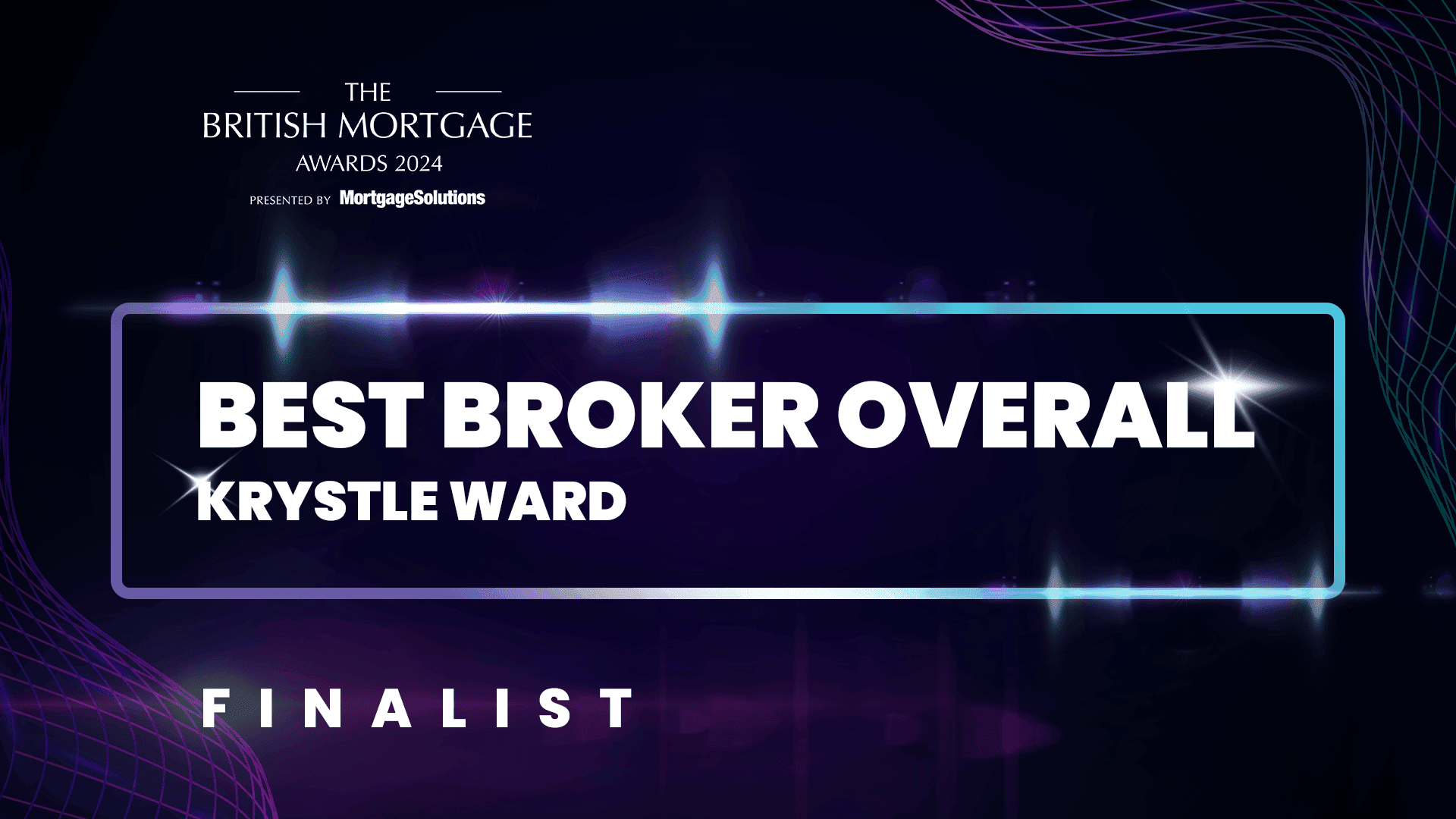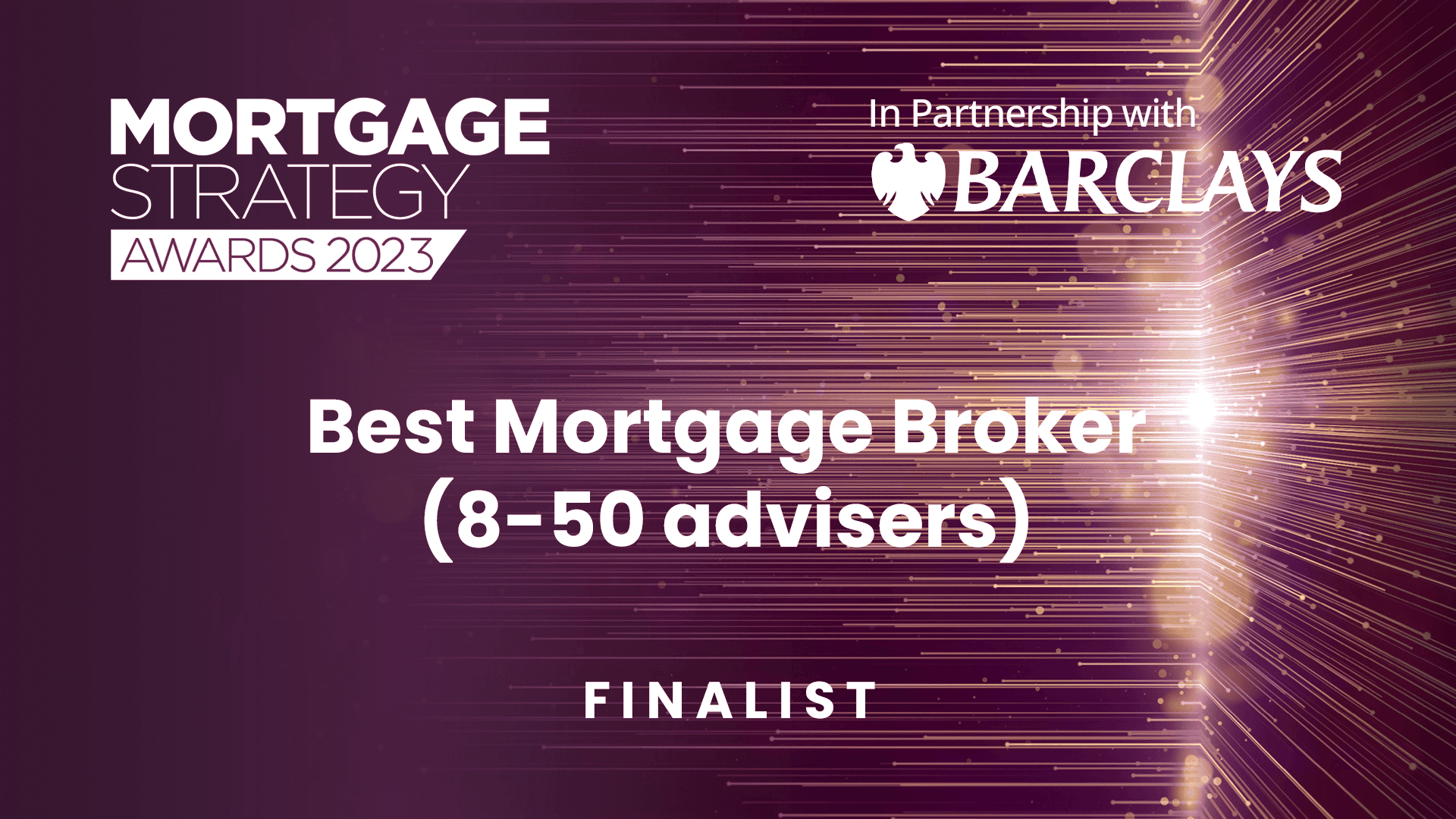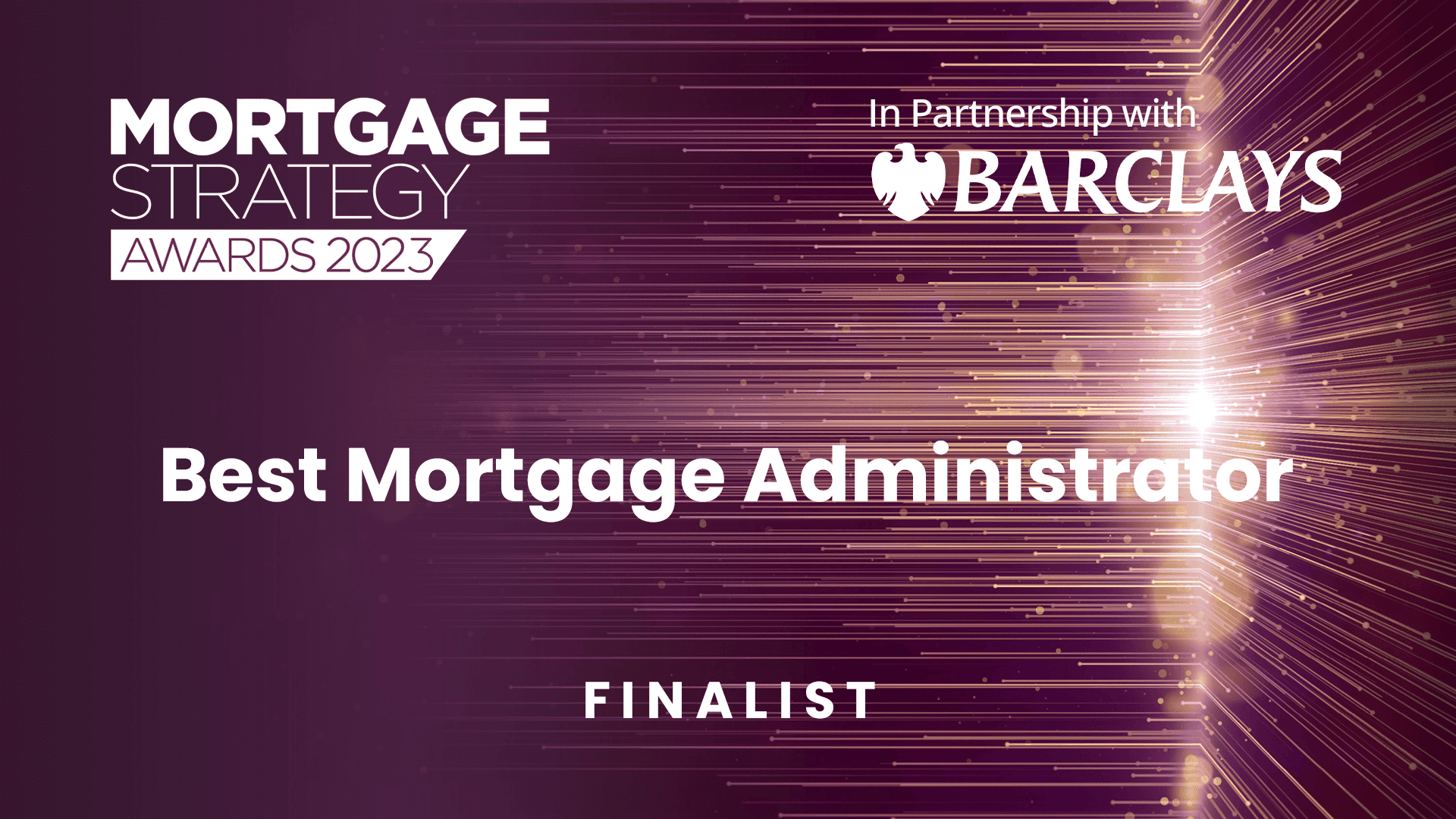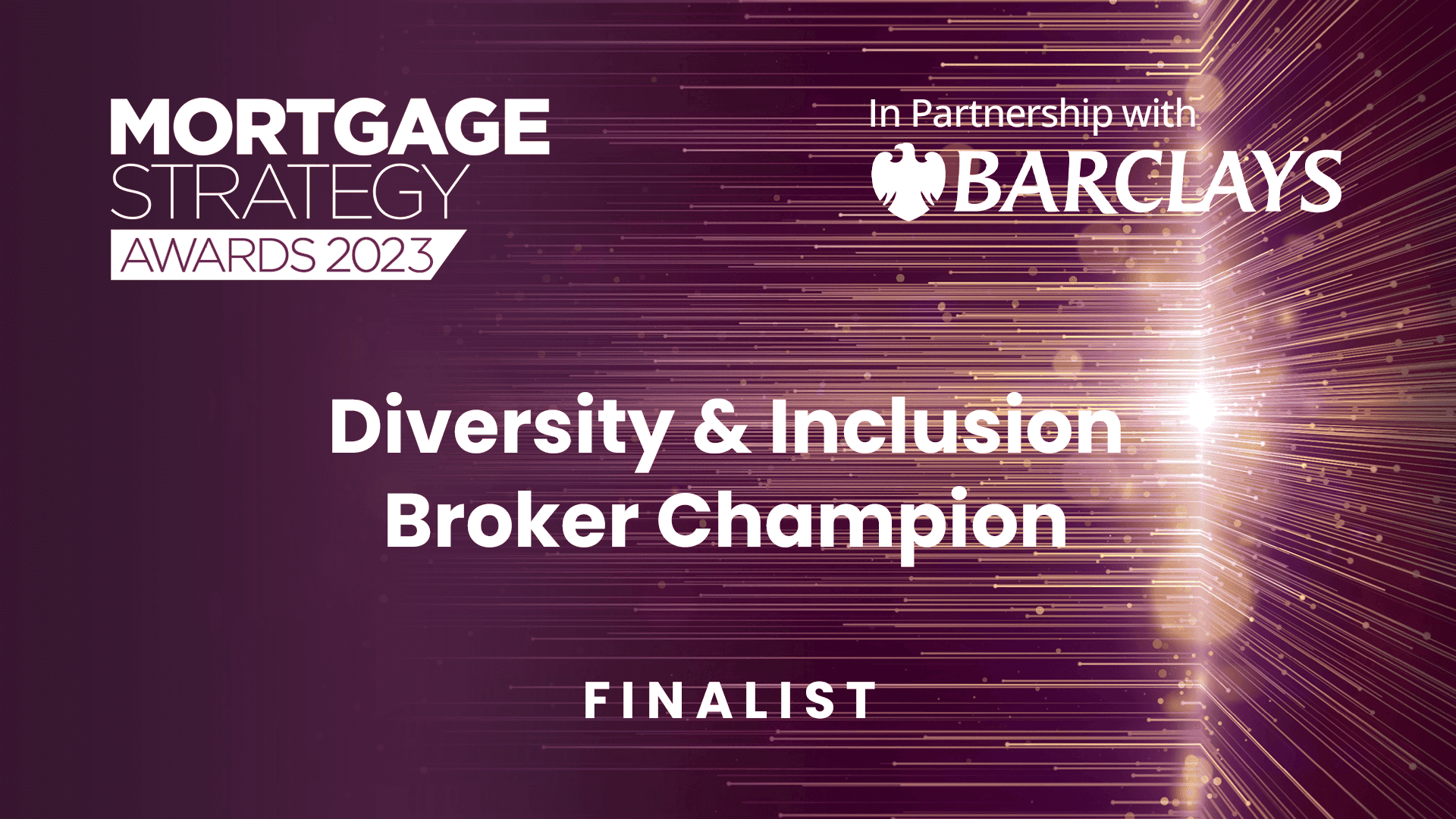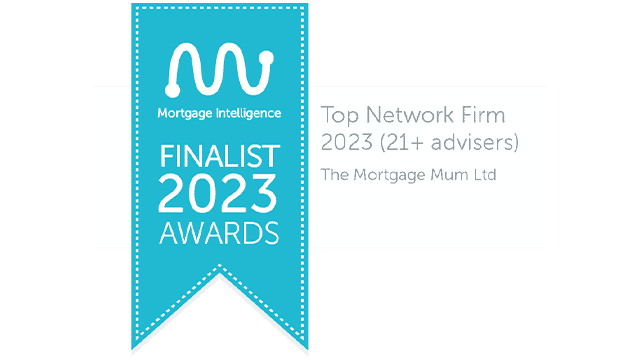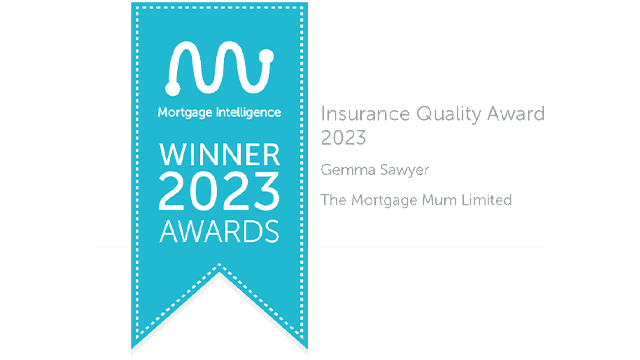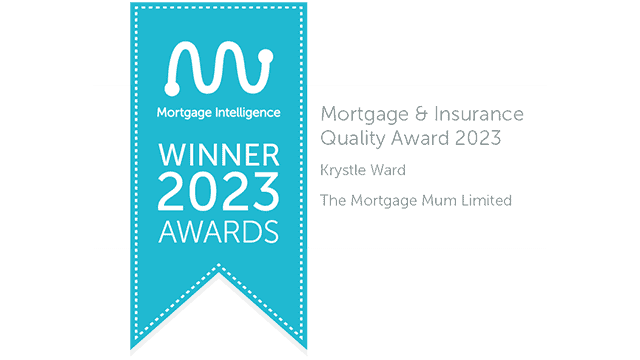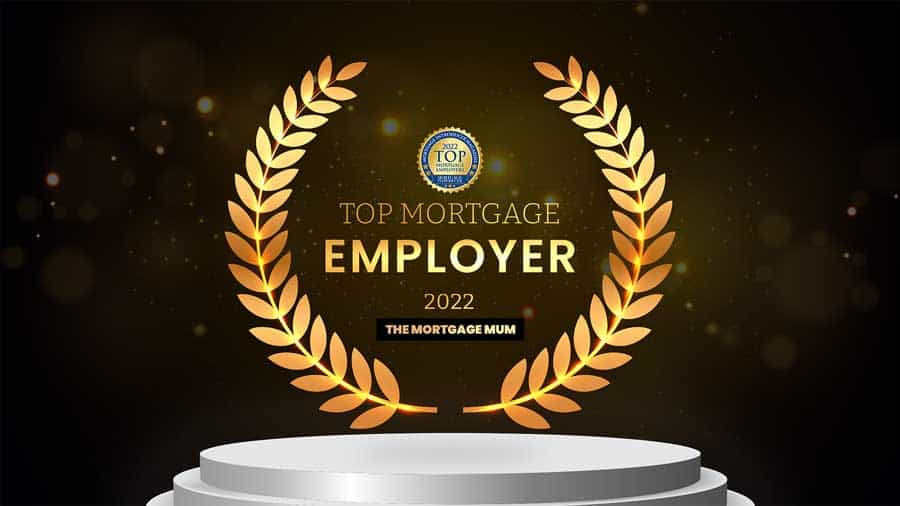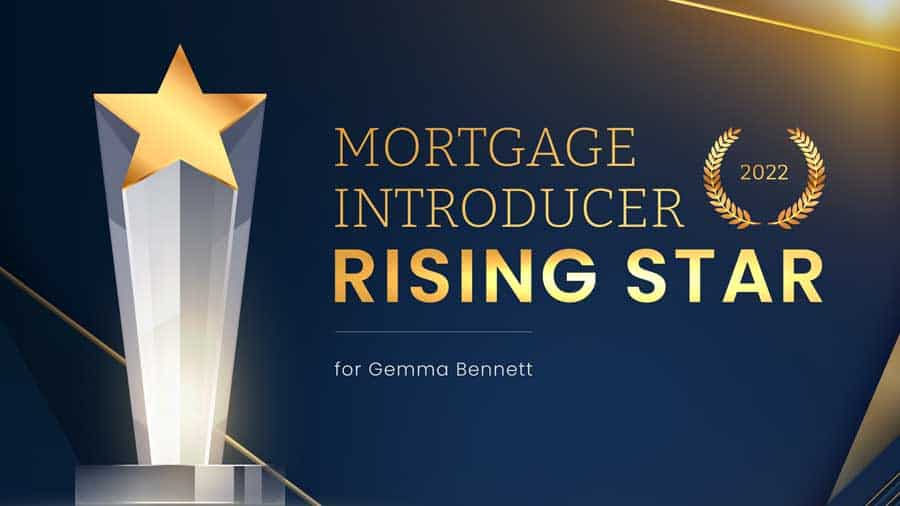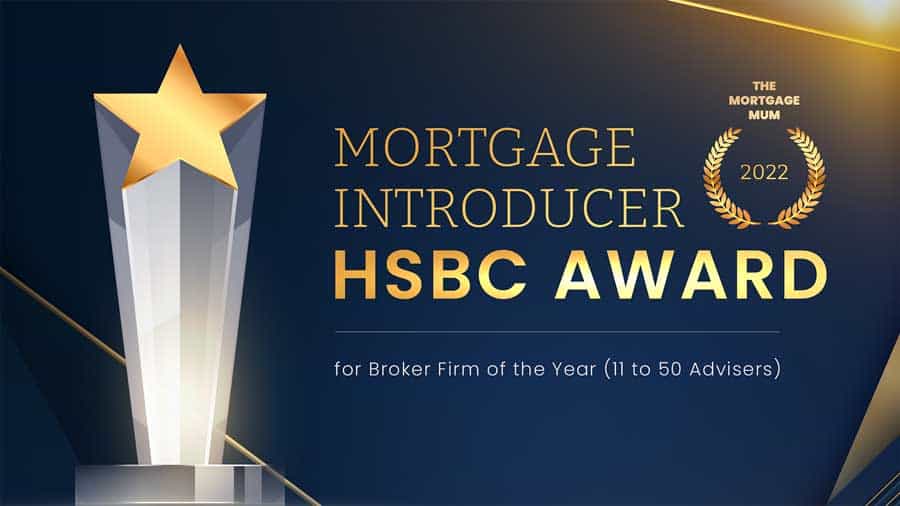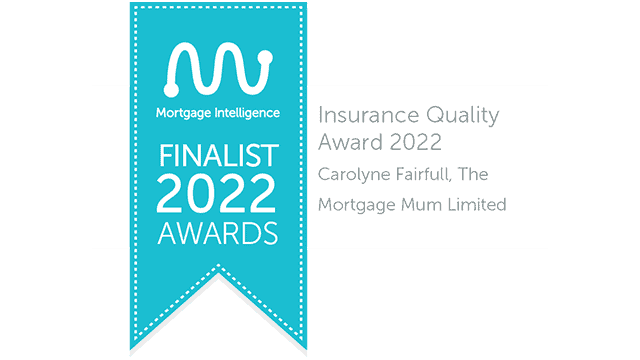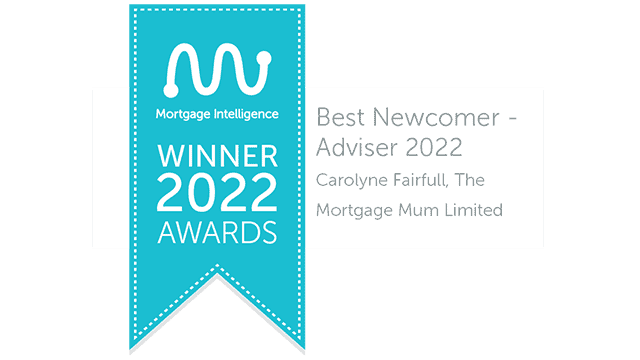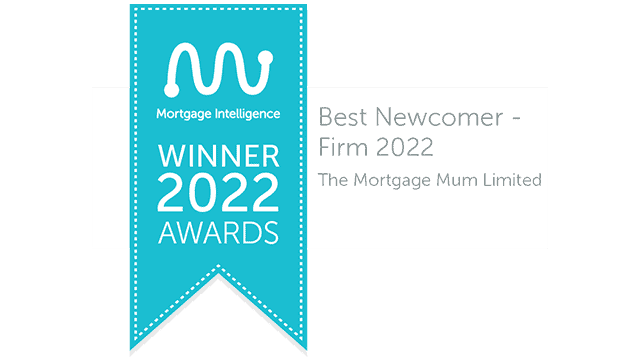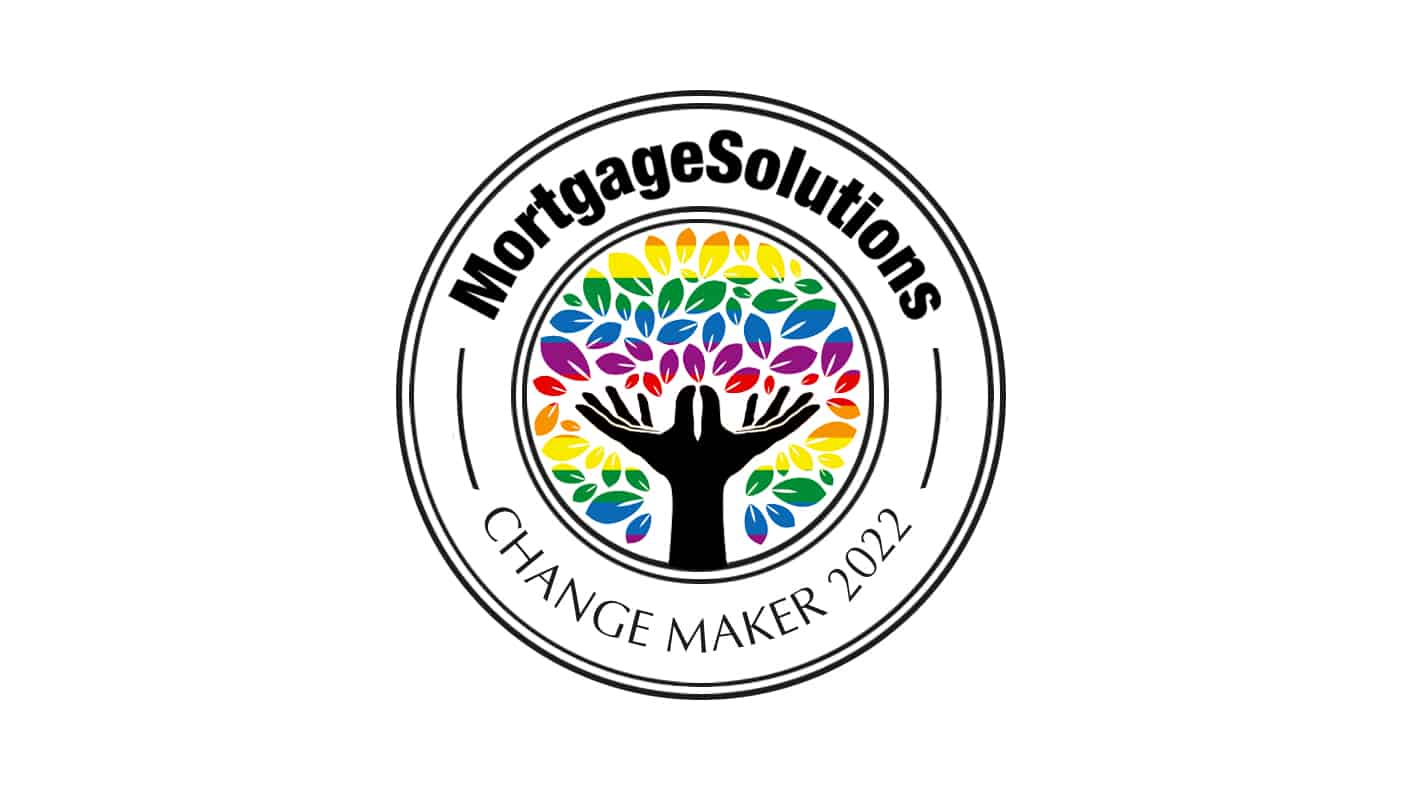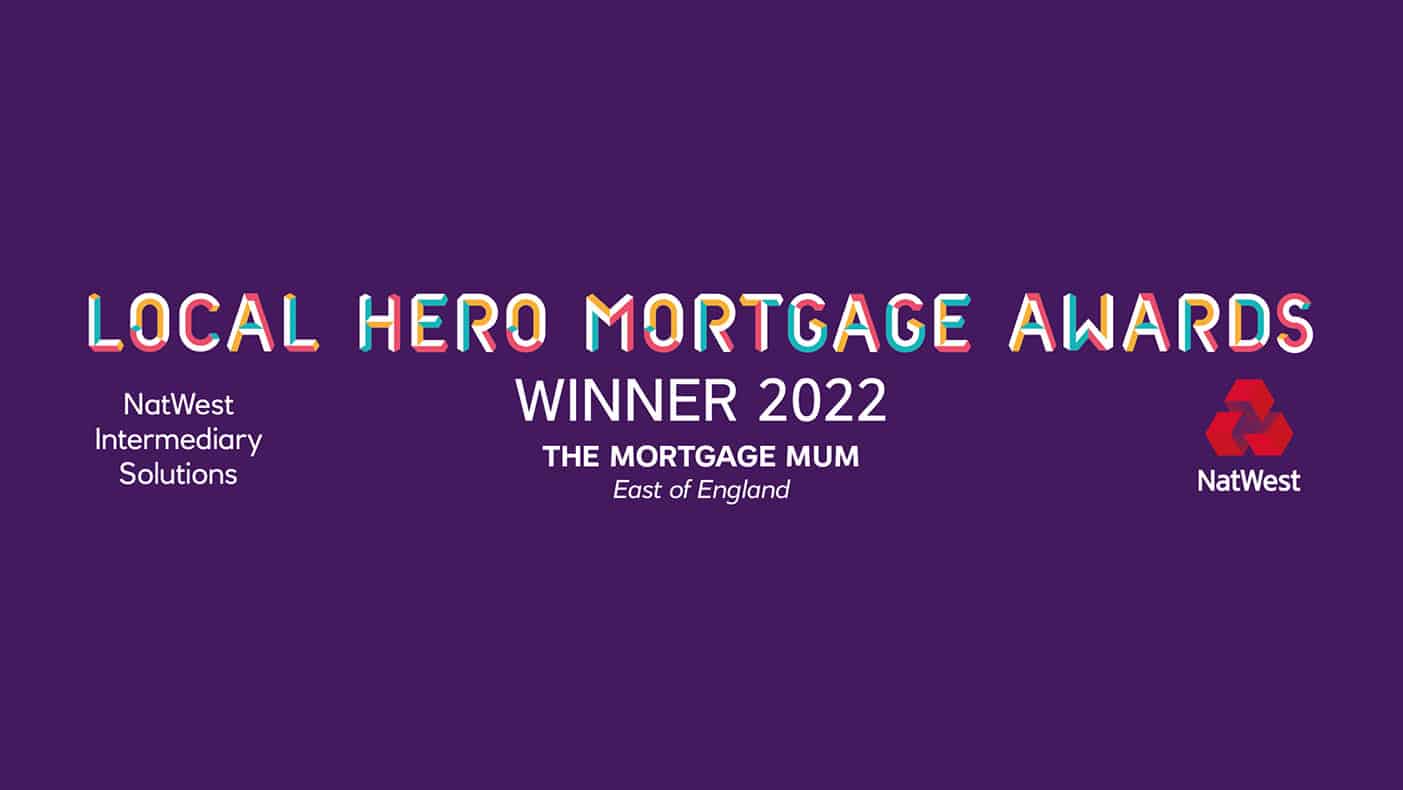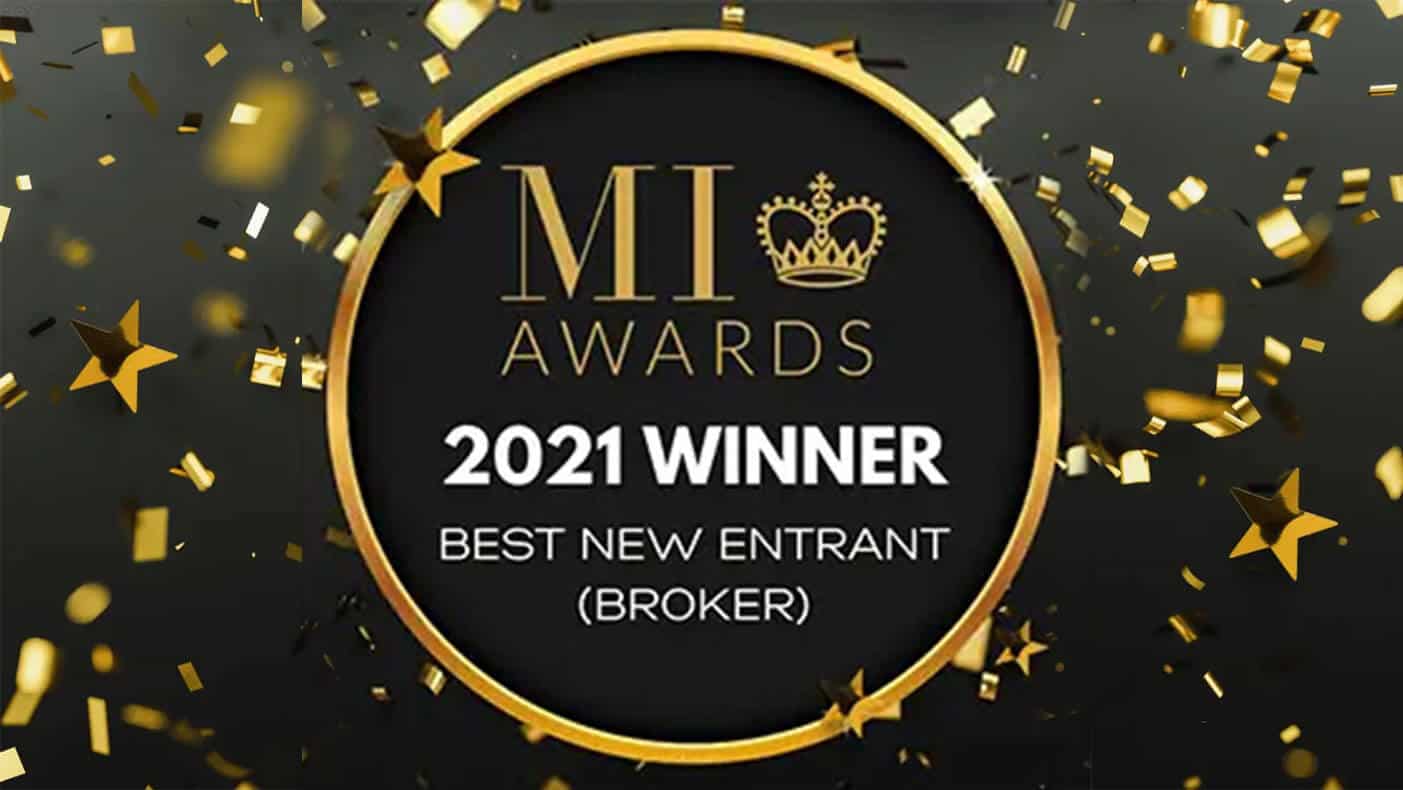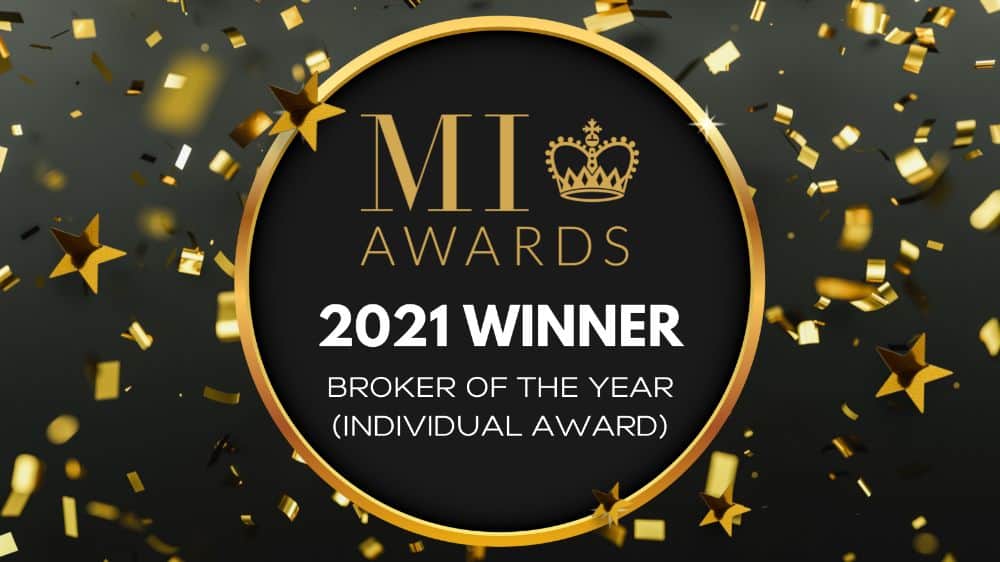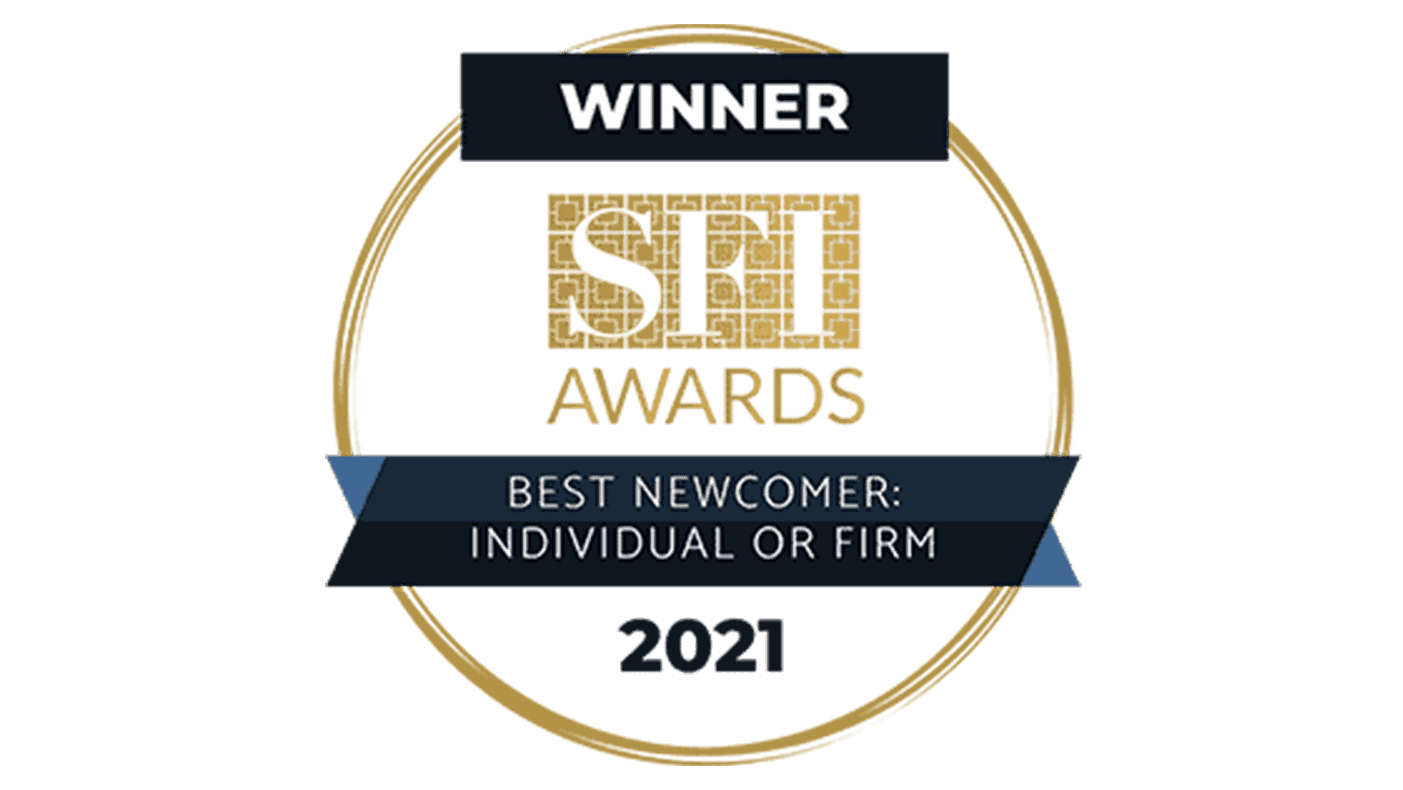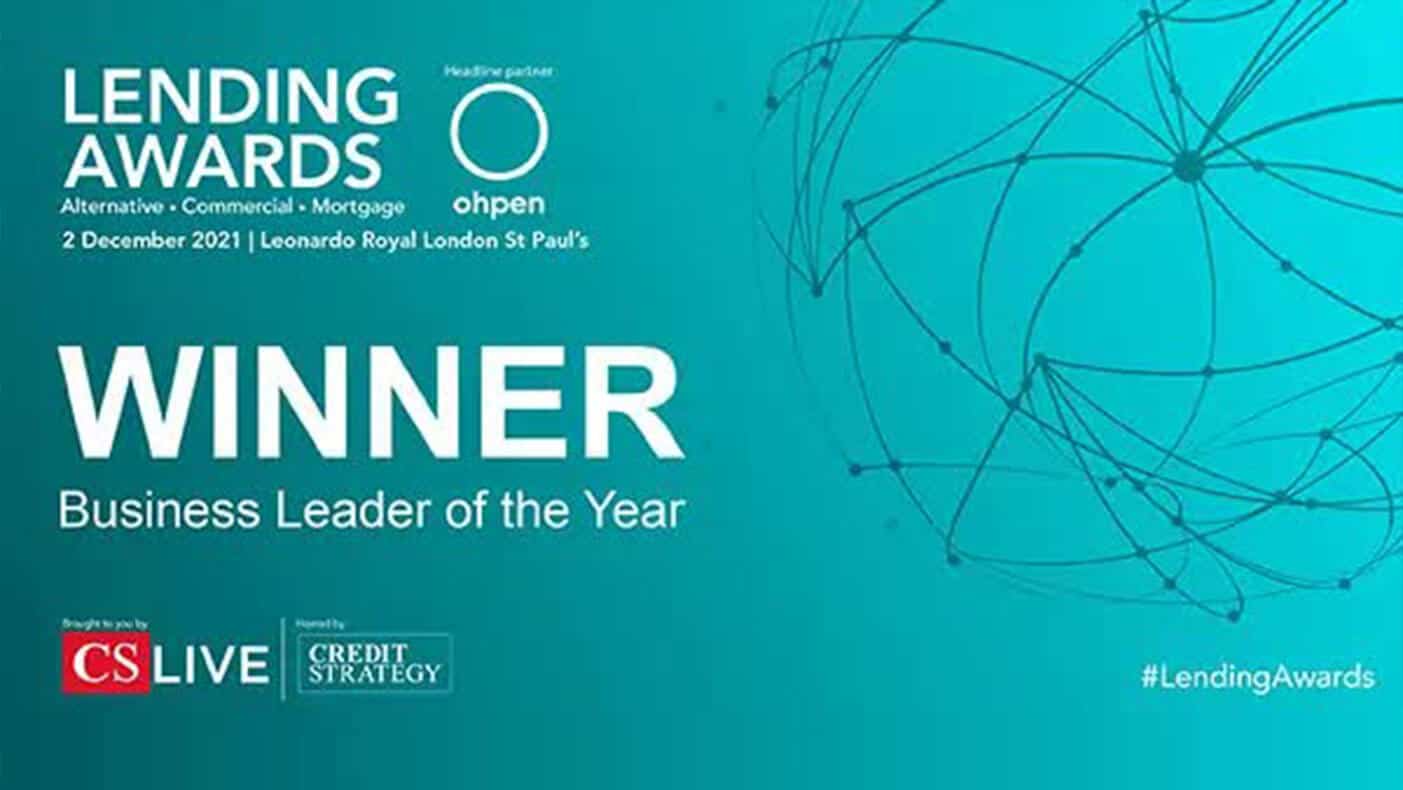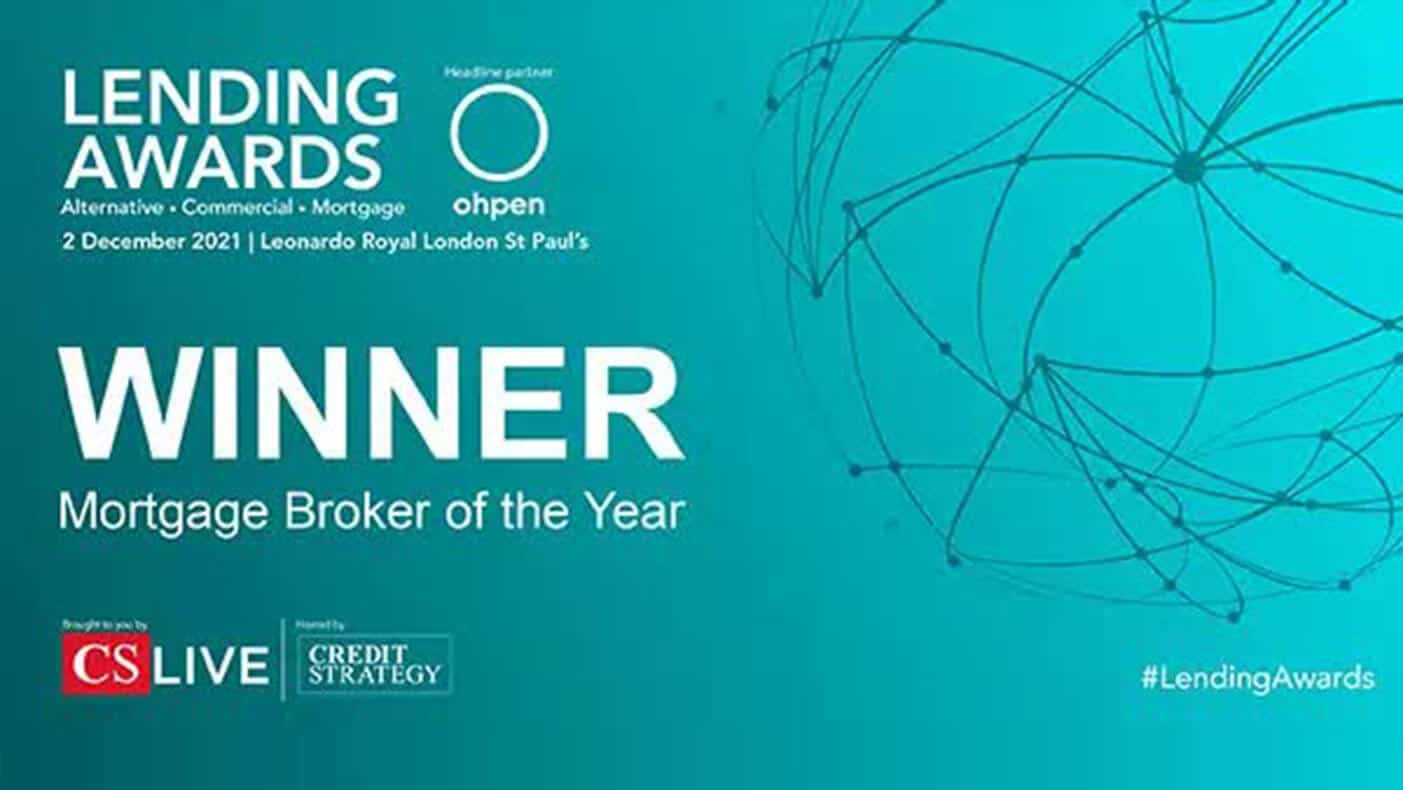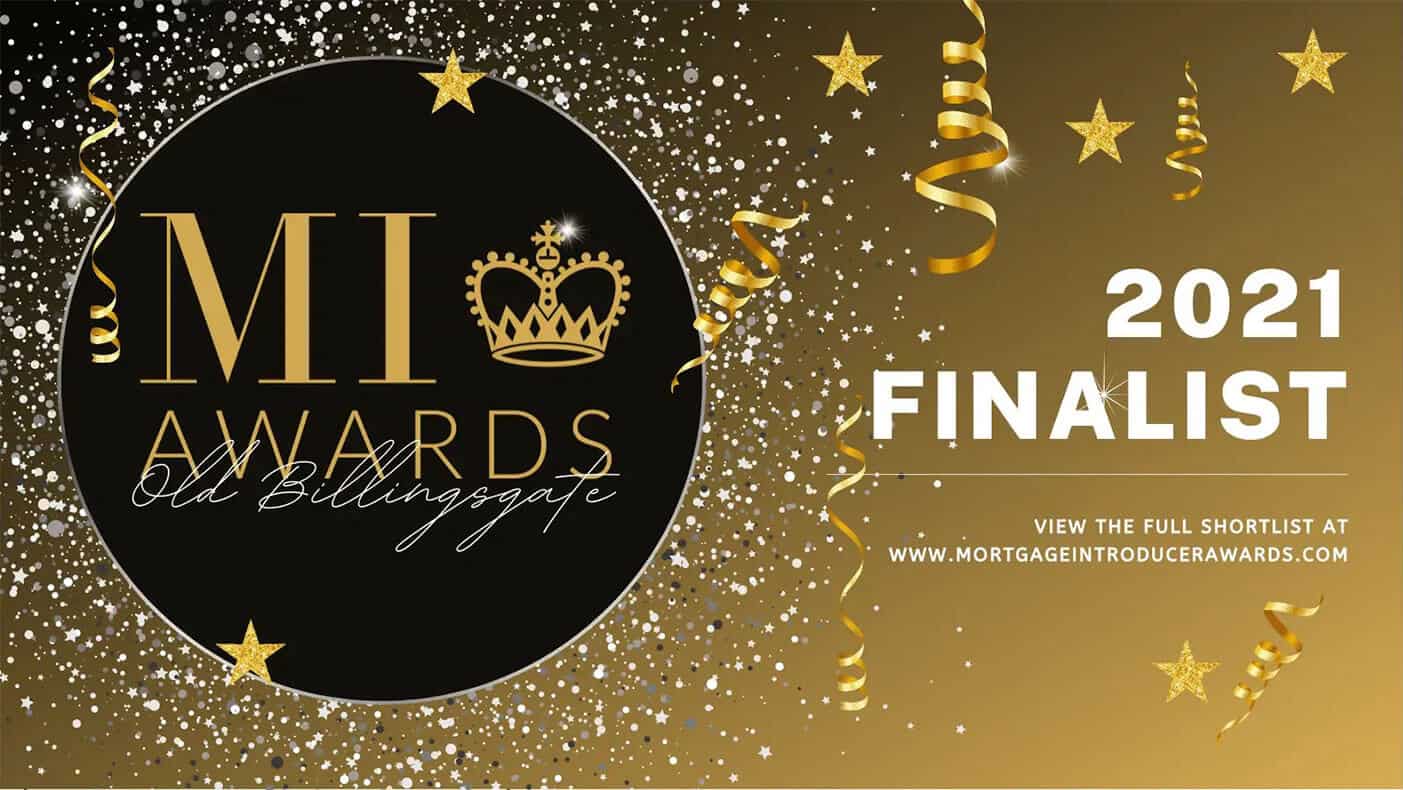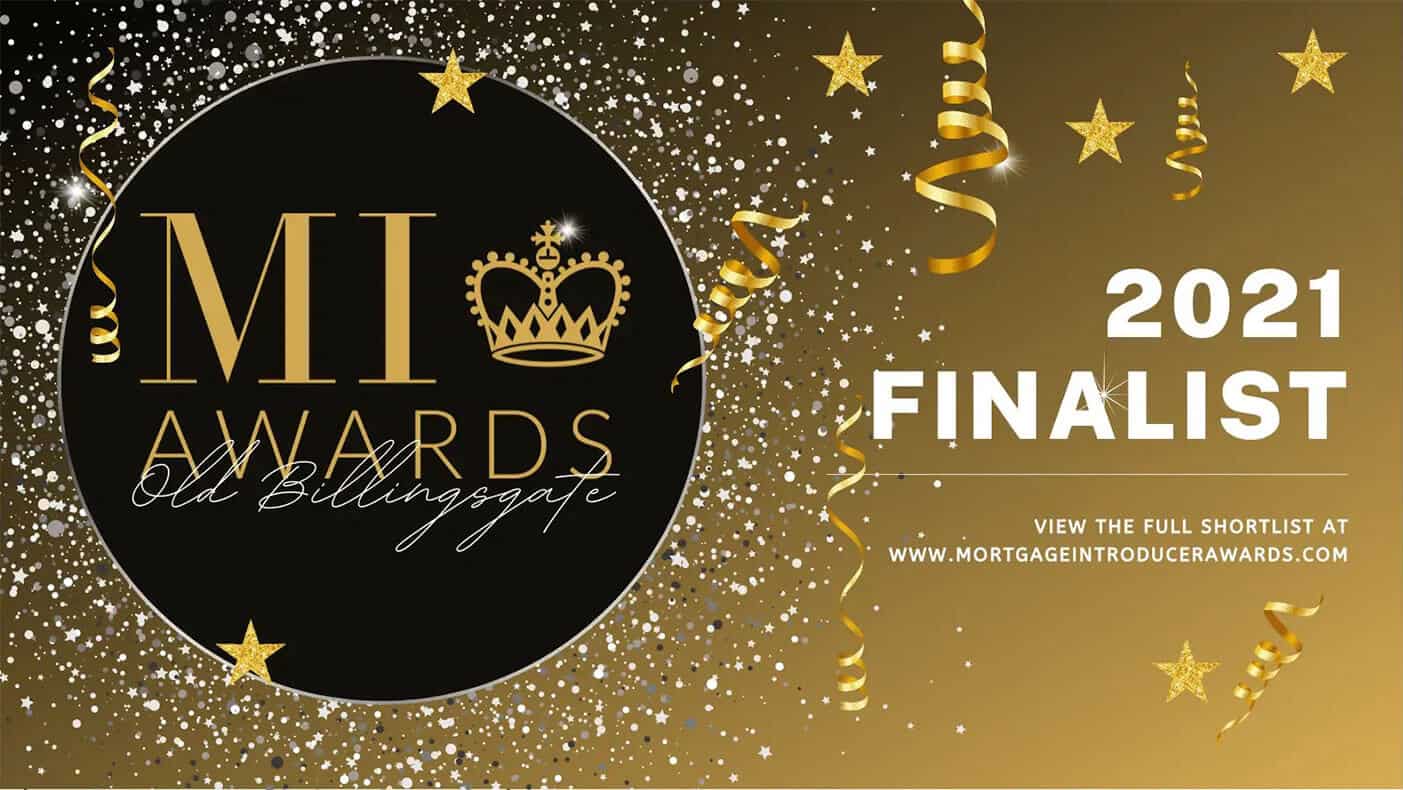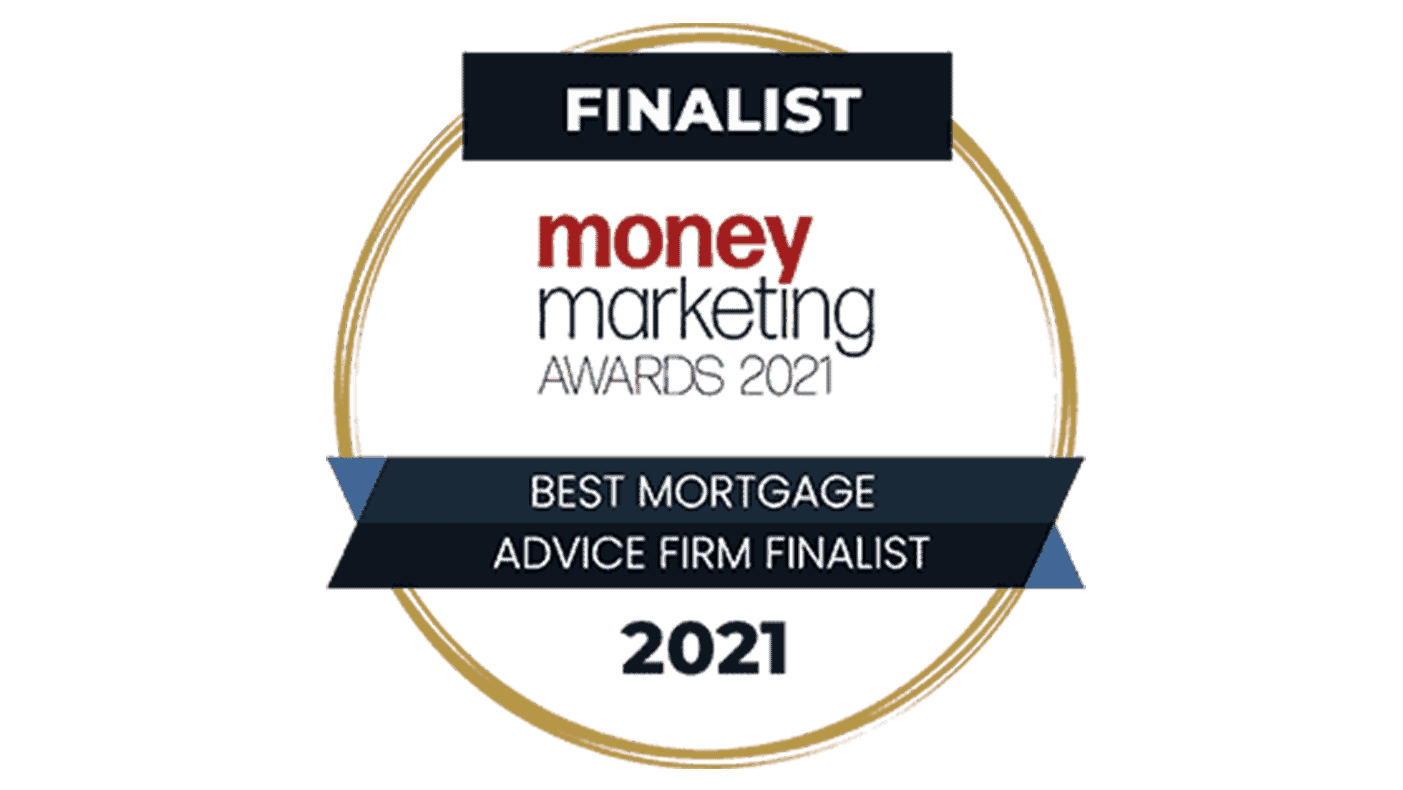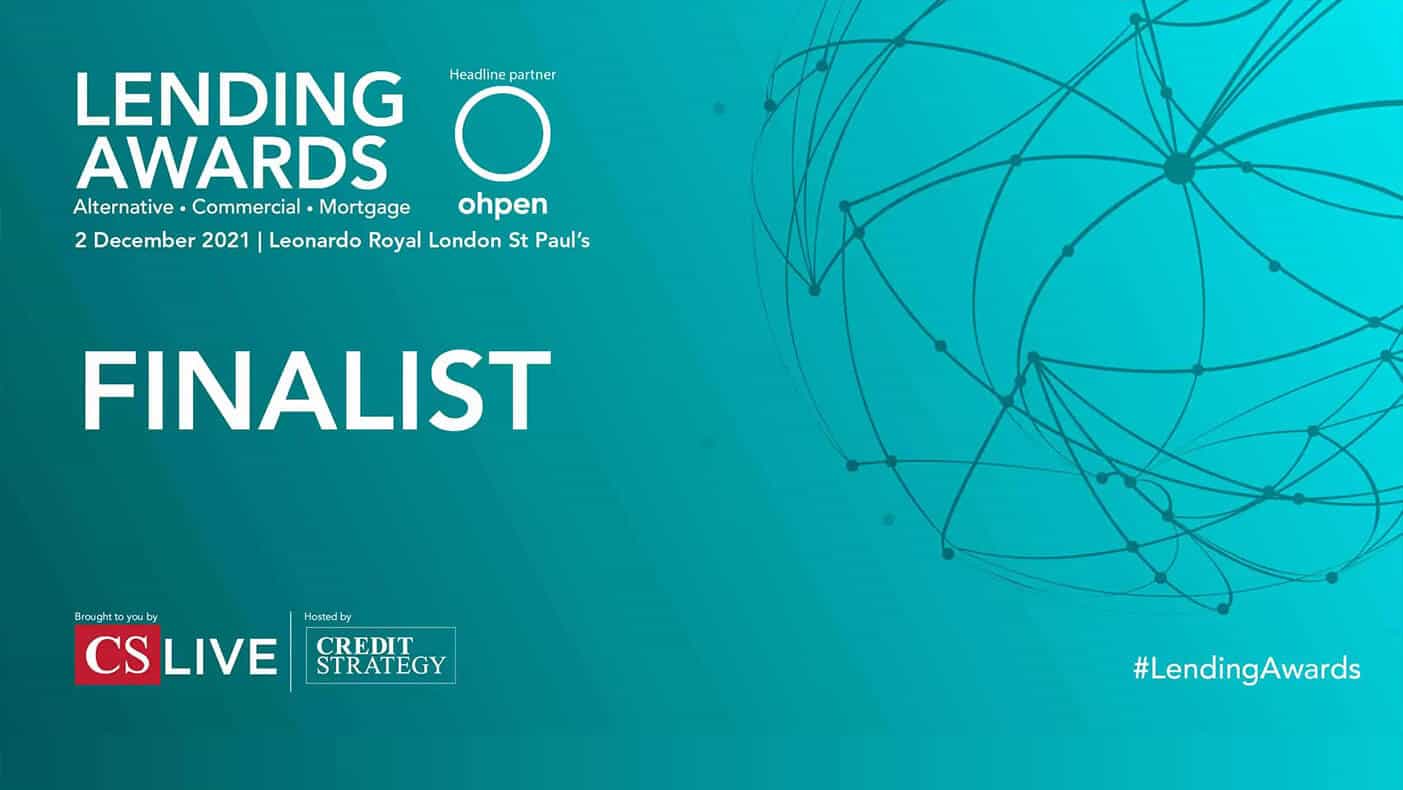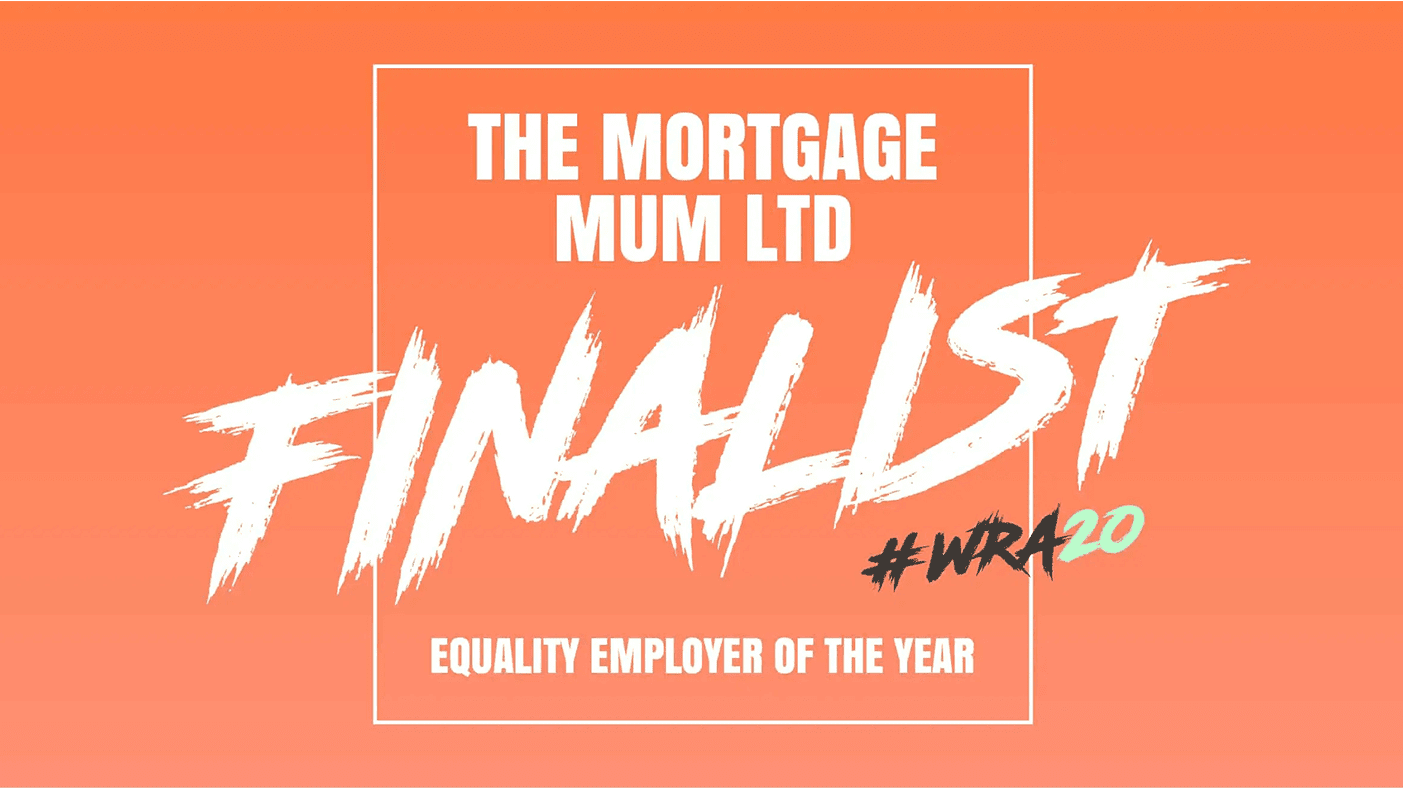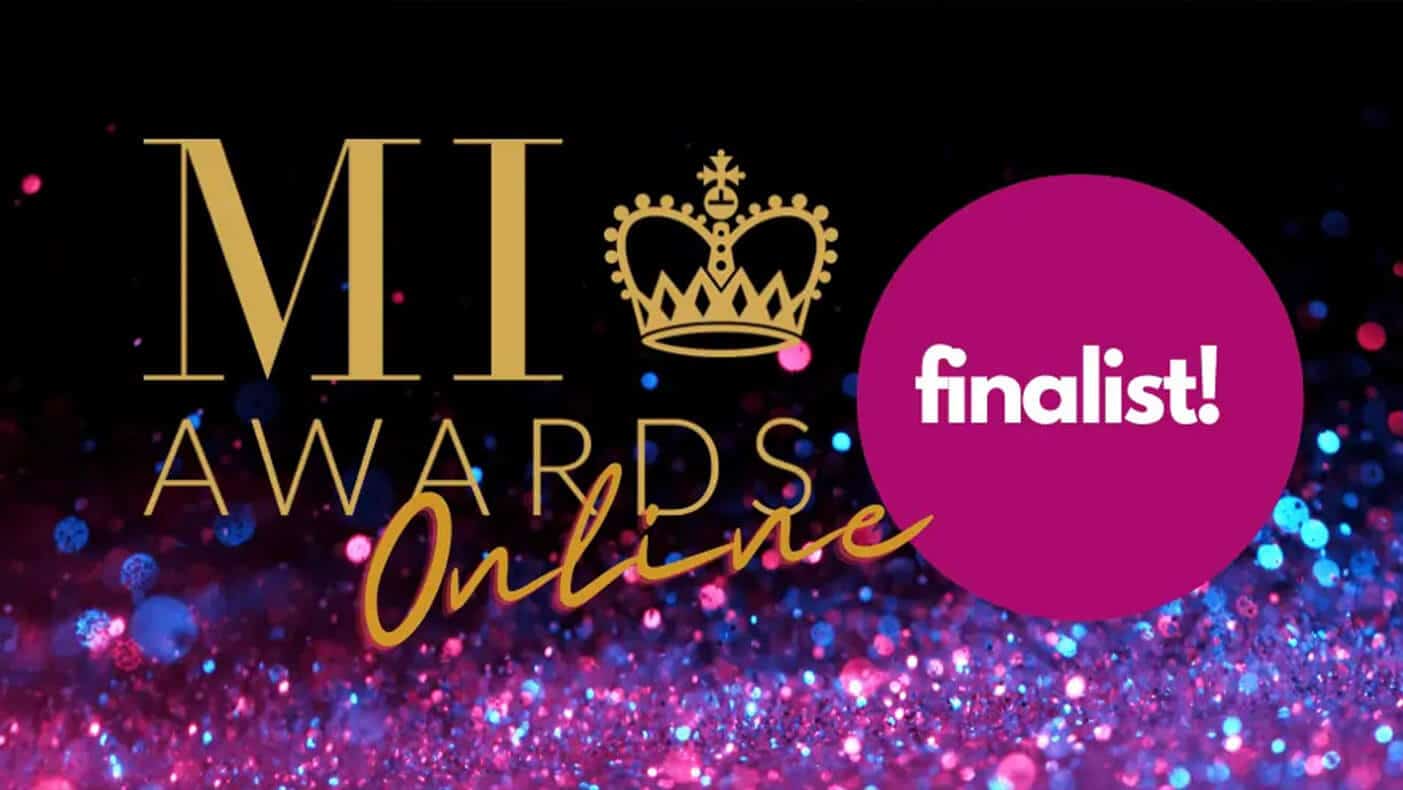“Once you realise what you want, you can manifest that. I always say, put your blinkers on and just focus on your goals – and my goal is buying a house.” – Febe Campbell Collins
When do you know when to actually start looking for a house? When are you ready? And what things do you need in place to start looking good?
There’s an element of emotional decision making here and that comes down to you. When you are ready you get that gut feeling and the main thing you need is a deposit or access to a deposit.
So if your family is willing to help, there are lots of schemes out there that they can get involved with to help you with the deposit. But that is rule number one, how much deposit you can get and how quickly you can get it.
If you are saving £1,000 a month, you need £10,000 for a deposit, and you’ve got £6,000 saved, you can probably start to look for a property, but you’d have to factor in the fact that you’d have six more months before you could actually exchange on that property.
How do you work out what deposit you need?
The minimum you need is 5%. The more deposit you put down the better. So if you put down 10%, you’re going to get a better rate than if you put down 5%, but you can technically buy a property with a 5% deposit. You have to really start with the deposit because if you can, if your affordability takes you to say £400,000, but you are only going to save £10,000 then your property price is going to be governed more by your deposit than what your earnings are.
I always think the deposit is the best place to start once you’ve got that set and are looking at Rightmove to see how much properties are etc. Then you need to look at affordability and that’s with a broker.
How much does the salary factor into what you can afford?
Salary is the basis of your affordability. It’s too difficult now to do five times your income because every bank and lender lends a different amount. It varies and it’s not just about your salary. It’s also about bonuses and commission, because all of those come into your salary package as well.
Your job is to get very clear on what you earn and all of the different ways you earn it. Then our job is to take that and work it out.
People think they need to be in a job for at least three months, for example, but some mortgage lenders will give you a mortgage based on a job offer.
Do you think that perception is because when you approach a mortgage broker, you have to provide a few months worth of bank statements?
Yes, definitely. We ask for the last three months payslips and we ask for the last three months bank statements. But if you were starting a new job we would be looking to get a copy of that signed contract and to also get your last payslip from your last job on file so that we can see that you have been earning. We can demonstrate that you’ve been doing the same job and that this is a step up.
Speak to an expert
We will work at times that suit you and your family, carrying out appointments via video call, telephone or email, giving you the benefit of first class service, around your own schedule, and in the comfort of your own home. So let us handle your mortgage today and find out how well we can look after you, The Mortgage Mum way!
What sort of tips would you give and how long would you suggest saving for?
When I got on the property ladder I didn’t have a deposit so I’m always in awe of the people that turn up with us and say, I’ve got £20,000 saved and I think, ‘wow, you are amazing’.
I would say start small and get really savvy with where you save your money, such as Premium Bonds vs a regular bank account. Consider stocks and shares and ISAs too, for example – just be a bit clever about where you put it.
Also having open conversations with your parents is a really good place to start as well, even if only to eliminate whether you need to save by yourself or potentially with another person.
Get very clear on where you want to be and be realistic, there’s steps to everything. Manifest. Just make it really clear and enjoy imagining yourself putting your key through that door.
What are the benefits of buying your first property with someone as opposed to buying by yourself?
Ultimately the savings is halved and the affordability is doubled. So it’s a great thing!
It is a big responsibility as well. You have to be sure that you want to live with the person, but it’s that financial benefit and financial gain of combining two incomes and combining two people’s savings. As long as you’ve got a good relationship with the person you’re thinking about doing it with and you can have open conversations about the future. For example, you could potentially make money on a property together and that might branch out into you being able to buy your own place in two to five years time.
I’m very lucky to have accommodation included in my work package, so for me, buying a property is an investment but I don’t want to be left stranded with no money and no savings. What sort of percentage of your deposit is it?
If you’re investing in a property, not to live in but to earn an income from, you need at least 20% to put down, ideally 25% to get better rates, but 20% is a minimum.
With your broker, have a look at your affordability and at the differences in monthly payments and rates at 10%, 15%, 20%, 25%. What do you want and need extra money for outside of your mortgage, do you have a rainy day fund etc – these are things to consider. Having access to an emergency fund is important (i.e. for a broken boiler etc.) so don’t leave yourself too short or strapped for cash every month.
Then in a couple of years’ time we’ll review your situation – you might be in a position to make overpayments for example or have saved a large contingency fund that you’d like to contribute to your mortgage.
Put down as much as you can, but definitely keep a little bit back for any emergencies.
Where do you even start finding a mortgage broker?
I think a lot of people start with Google or word of mouth. Generally someone always knows a broker or has a family broker that they use.
I would steer as much as you can towards people that have been recommended to you or that you have heard good things about. But do your research and speak to them to make sure you get a good vibe from them. You want to feel understood and listened to, whatever your values are. You want to believe they have your best interests at heart.
Do you think they need to be in the area that you are looking at? Is that necessary?
No. I could give you absolutely brilliant service even though you are in Cornwall and I’m in Essex! I do not believe you have to be in the same area. Zoom is the wonder of technology for communication and everything is online anyway.
What should you expect when you approach a mortgage broker, in terms of fees etc?
We have to disclose our fees to you. At our first meeting, whether that’s a virtual appointment or a phone call you shouldn’t be being charged. In my opinion, there are brokers that will charge you straight away because they’d consider that to be their time.
In our opinion, and in most of the market, you’ll find brokers will tell you what they’ll charge, but they won’t charge you until you put a mortgage application in with them. By that time you’ve found a property and you’ve had all of your advice. The risk for us is you could take our advice and go elsewhere with it.
And we will say “we’re putting your mortgage in and we now need to take your fee” which will have been disclosed to you right at the beginning. So there is a duty of care that they do have to disclose their fee, but don’t be fearful of it.
Even if you’re not ready to buy, there’s so many out there who will spend the time with you now, hoping that you’ll come back in a year or maybe even two years time. What we try to do is remove that fear so people can know what they’re doing before they even start.
When’s a good time to start looking for a mortgage broker?
You can start looking for a mortgage broker now, even if you’ve just started saving a deposit, if you want to. It’s nice to form a relationship and a connection with your broker so that they can fully understand your situation when it comes to your mortgage application.
What should you expect on your first call with a mortgage broker?
Everyone does it differently. What we try and do is a discovery call and that’s a 15 minute complimentary chat. There’s no talk about fees. We get to know you. Where are you at in your life? What are you hoping for, what’s the goal here? Why have you got in touch with us? And that’s 15 minutes. You can get a lot in 15 minutes of information. We have an online portal where you can provide information for us which also saves a lot of time. Loans, credit cards, outgoings, council tax bands, Netflix – we take everything in to account so that we can help work out your affordability.
We want to know about your future and dreams, and your priorities. So when we come back with advice it’s tailored to you.
You can’t really hide anything (i.e. credit cards and loans) so that’s why you have to feel really comfortable with your broker. Where you can enjoy ‘off record’ conversations and have complete transparency.
Speak to an expert
We will work at times that suit you and your family, carrying out appointments via video call, telephone or email, giving you the benefit of first class service, around your own schedule, and in the comfort of your own home. So let us handle your mortgage today and find out how well we can look after you, The Mortgage Mum way!
In terms of credit cards and loans, how much does that factor into getting your mortgage nowadays?
It really factors a lot and one of the main things that we see people do is buy cars with finance, after they’ve spoken to us, which is just so frustrating because it completely changes your affordability!
You can have a credit card – what they will take into account is what is 3% of your balance typically.
Student loans are taken into account, as well as car loans or other loans that you’ve taken out. The monthly payment will come off of your annual income.
My main advice would be to be mindful about what debt you’re building up, it’s okay to have credit cards, it does make a difference to your credit score, just don’t max out your limit. A credit score is like a robot trying to work out your patterns with money – how you manage credit etc. It doesn’t care about your personality or personal circumstances, just the data. Everything goes on your credit score including phone contracts etc. Anything that you put on finance.
We also want there to be a genuine understanding with money before you get a mortgage. Education is key. And it’s good to work with a broker, someone who is not a robot or a machine, to have those open and non-judgmental conversations with.
In school they don’t talk about all of this and the social media culture encourages us to spend more to keep up, especially if you’re not well grounded?
Personally I knew at school that buying a house was a goal of mine. So I guess I have always been cautious. But I think you’re right in saying that social media does make you want to buy things, including impulse purchases, items you want that other people have. Setting boundaries is important, realise what you really want, set your intentions, manifest and focus on your goals.
Our parents have a lot to answer for too. When we’ve seen them work hard and renovate a home or two and we’re surrounded by those inspiring moments growing up that helps to lay the foundations of our relationship with money and what we want to aim for in the future.
I know many whose parents encouraged opening ISAs in their teens, add to it slowly and then over the years it gradually builds up towards a deposit. The Help To Buy ISA is a good one to consider. Keep adding to it and watch it grow over time.
I want to have a portfolio of properties as part of my retirement plan. So if I was to buy a property, renovate it and then look to save up another deposit for another property, how would that factor in with my salary? Are we starting from scratch or do you base that upon your current mortgage?
That’s a really good plan!
The sooner you start the better really, because the younger you are, the more you earn, the less responsibility you have, the more properties you can potentially own and make money on. You would need to get advice surrounding the tsx, especially if you are a higher rate taxpayer in your job.
But before you venture into property investment, you will want to dig deeper, understand your vision and why you are doing this. You’ve got to consider everything too – the property, how much work is needed, the area it’s in and what you will spend vs what you will make on it.
If you make that money back, that can be your next deposit and you can keep doing that and keep adding to it. Some lenders don’t care what you earn, some lenders only care that you’re a first time buyer, for example.
So it’s not really about income, and when it comes to you buying your own place, let’s just say if your job situation has changed then it shouldn’t hinder you.
What is the housing market looking like at the moment?
Very busy, very competitive. If you are in a chain and you haven’t sold your property, you have very little chance of having your offer accepted on a property. You have to be ready to go. There are more buyers than there are properties.
Rates are very low at the moment but we are being told that they’re going up. But that combined with the stamp duty holiday has kept the housing market extremely competitive. House prices are still high, which is hard for first time buyers.
I would say don’t sit on it for too long. I do think things might slow down, as sadly there will be casualties financially due to furlough ending and job losses. I don’t like the word crash and I personally don’t think that’s going to happen. The government are clearly doing everything they can to pump money and trust into the housing market in different ways.
Is this going to work in favour of us first time buyers, do you think?
Yes. yes. In the sense you’ll get a property for cheaper, but it’s all relative really.
Because once you’re in the property market, you are always in it, everything can go up and everything can go down. The hardest thing is knowing when to leap into it.
So I’d recommend getting your foot in the door because people can procrastinate for years. Take a leap of faith, no excuses, go and look at properties, find a broker – just do the next thing!
Does moving addresses affect your mortgage in any way?
No. You can move as many times as you need to, just make sure it lines up. Just check your address is always up to date with your bank etc.
Auction properties – what do you suggest as a first time buyer? Steer away from them or are they okay?
They are okay. You have to exchange within 28 days, so you may need something called a bridging loan and I think that’s pretty intense for your first purchase. But it doesn’t mean you can’t do it.
You need to have that money quickly, which a lot of people don’t, so they get a bridging loan and then they mortgage it after.
A bridging loan is basically a short term loan designed to just give you money quickly. I wouldn’t necessarily steer away from it. I have got a whole episode about bridging loans worth listening to on The Mortgage Mum Podcast.
What other costs are involved in buying a house?
A budget plan will tell you everything. For example, council tax, water, electric, gas, TV license, plus building and contents insurance – these are all essential. If you’re in a flat there’s potentially ground rent and service charge. Some properties have bin charges. Think about your subscriptions like Netflix and Amazon Prime. Your monthly outgoings might include the gym, clothes and consider what you’ll spend on food too.
We have a budget planner and we’re happy to share this with you.
In terms of solicitors fees, how much do we budget for that as well?
I would estimate around £1,500 for solicitors. You’ll need to factor that in as well as your deposit and stamp duty. And additional stamp duties if you’re planning on buying additional properties.
Does that affect the future mortgages or anything?
No, not really. You can add as many properties as you can afford to add.
The final thing I wanted to ask is about early repayment fees?
The early repayment charge will be hefty with most lenders, about 3% of the loan is typical. There’s only one lender I know of that will fix a rate and give you no early repayment charge.
You can look at a tracker mortgage, but it might create a little bit of anxiety around the fact that your mortgage payment could go up and there’s not a lot you can do about that. So that would be a factor.
***
Thank you to Febe Campbell Collins for joining Sarah Tucker on The Mortgage Mum Podcast. Listen to The Mortgage Mum Podcast on all major podcast directories including Apple and Spotify. You can also catch up on previous episodes on our website and on The Mortgage Mum YouTube channel.










